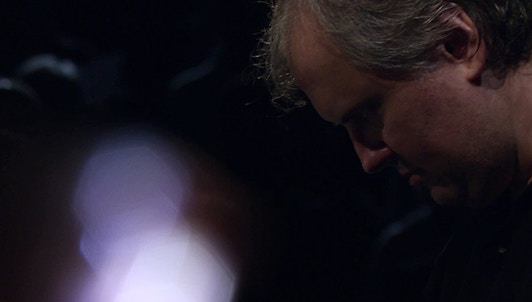Liszt, the man and Liszt, the musician unveil in these Years of Pilgrimage, a real musical remembrance of the composer's life and impressions. To perform this masterpiece marked by literary and impressionist colours, the virtuoso pianist Nicholas Angelich dedicates a whole evening to the three parts of this musical monument.
On the inspiration of Goethe's novel, Wilhelm Meister's Apprenticeship, Liszt developed a real musical reflection and remembered in particular times he has spent in Switzerland and in Italy. He composed this cycle of three solo piano parts between 1837 and 1877 and told about it in his notes: "I have tried to portray in music a few of my strongest sensations and most lively impressions".
In this third part he composed between 1867 and 1877, Liszt developed more dark but also more spiritual themes, in a kind of meditation on his death and the judging of his soul. For instance he introduced two threnodies he composed like a tragic song, as for the opening Angelus and the Sursum corda, they evoke the moment he would meet the angels.



